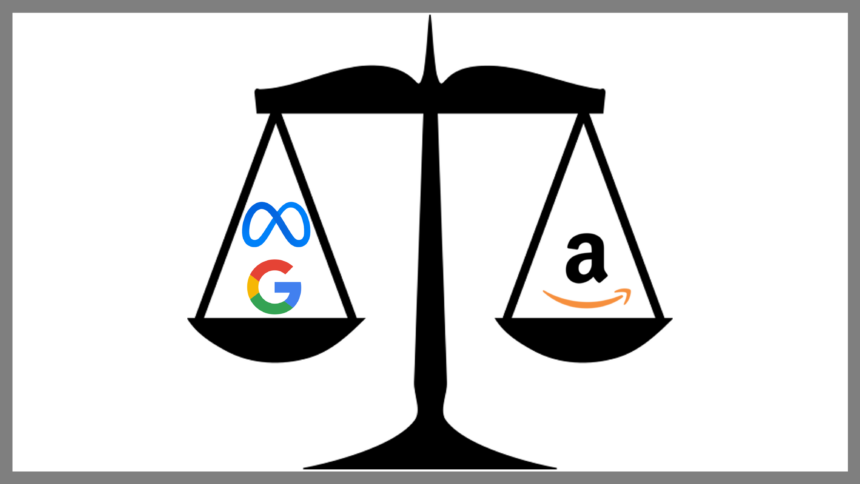The Amazon Prime legal battle is facing delays as federal budget cuts impact the FTC’s ability to prosecute. At the same time, Google and Apple pushed back against a controversial Utah law that placed age verification responsibility on app stores. These developments highlight ongoing tensions between regulators, tech giants, and privacy advocates as policies around digital commerce, consumer rights, and online security take center stage.
What’s Happening & Why This Matters
FTC’s Amazon Prime Trial Faces Major Delays
The Federal Trade Commission (FTC) has asked a federal judge to postpone its lawsuit against Amazon, citing a reduced workforce due to budget constraints. The trial, initially scheduled for September, is now expected to be pushed back by at least two months. The case centers on Amazon’s alleged deceptive practices, which the FTC claims have tricked millions of consumers into signing up for Prime memberships through manipulative UI design.
The FTC also argues that Amazon deliberately made it difficult for users to cancel their subscriptions, a practice sometimes referred to as dark pattern design. Amazon has vehemently denied these accusations, insisting that users can easily manage and cancel their Prime subscriptions. The delay raises concerns about the government’s ability to effectively regulate Big Tech, as budget cuts continue to limit federal agencies’ capacity to take on corporate lawsuits.

If the FTC ultimately wins the case, Amazon could be forced to issue refunds to affected Prime subscribers and revamp its subscription processes to ensure greater transparency. The lawsuit represents a larger battle over consumer protection in the digital economy, with the FTC aiming to curb aggressive business tactics by major online platforms.
Google and Apple Battle Meta Over Utah’s Age Verification Law
A separate legal fight is brewing in Utah, where a new age verification law (SB 142) puts app stores at the center of a regulatory storm. The bill, if enacted, would require Apple’s App Store and Google Play to verify users’ ages rather than placing that burden on app developers. The law has the backing of Meta, X (formerly Twitter), and Snap, which argue that parents prefer a centralized system to control their children’s app access.
However, Google and Apple have fiercely opposed the bill, stating that it raises serious privacy risks and could create a dangerous precedent for data collection. The law would force Apple and Google to store and share users’ age data with third-party app developers, something both companies have described as a major security vulnerability.
Apple has long advocated for on-device privacy protections, ensuring user data is processed locally rather than stored in centralized databases susceptible to breaches. Google has countered with a proposal allowing developers to request age data only when necessary rather than implementing blanket age-verification policies.

If Utah Governor Spencer Cox signs the bill into law, the measure will take effect on May 7, making Utah the first U.S. state to enforce such strict app verification rules. Tech industry groups warn that other states are watching closely, with at least eight additional states considering similar legislation. If the bill moves forward, the fight over digital privacy, child protection, and corporate responsibility could expand nationally.
TF Summary: What’s Next

The Amazon Prime trial delay presents regulators’ challenges in holding Big Tech accountable as federal agencies struggle with budget constraints and workforce shortages. Meanwhile, the Utah age verification bill could create transitions in digital privacy laws, with Apple and Google warning of potential data security risks. As these legal battles unfold, consumers, lawmakers, and tech companies must navigate the evolving landscape of online commerce, regulation, and platform responsibility.
— Text-to-Speech (TTS) provided by gspeech


